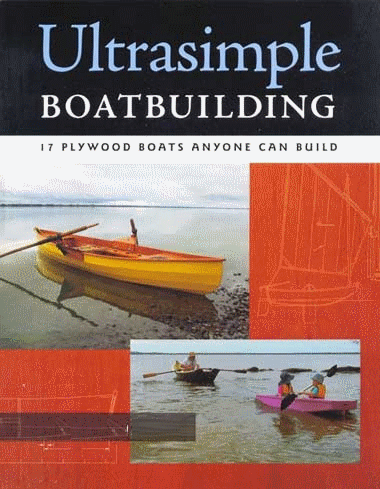In my searching for the best solution for this design I looked at the Club Racer by Bateau. They seem to have a comfy looking gunwale, so I looked into the way they created their version. A complete guide to the construction of the Club Racer is located at: http://www.latitude2739.com/club-racer.asp It is a really nice looking Optimist that is the same as the epoxy/wood version of the Optimist as described by the IODA standards. Bateau claims that it differs in that it is much easier to build and will be more durable, and last longer.
They start their process with corner braces cut at angles to the sides and bows to create the width that will be the gunwale. Plywood is used for this process, but I think we could use hardwood to accomplish this same design using glues and screws to bypassing the need to encase the area in epoxy.
All photos - Youth Sailing Foundation of Indian River unless otherwise noted.

To build up the width of the gunwale on the sides of the boat, they employ the use of plywood spacers to hold off the inner strake that will define the inner side of the gunwale. The picture below shows a double piece of 12mm plywood used as a spacer along with an inner and outer strake and rubrail of 12mm plywood. I believe that makes a total width of 3 inches.

The bow and transom are finished of in less thick manner shown below:


With the substructure of the gunwale finished it looks pretty nice. Ive been contemplating how well this design would look if we finished the gunwales without a cap piece of plywood. The plywood works well in the Club Racer because it will be sealed with epoxy. Our boats will not have epoxy, and this makes the finishing of the gunwale, perhaps a bit different.




All this great information and pictures came from the Youth Sailing Foundation of Indian River Co. and their sister site Latitude 27/39 Sail Club.


